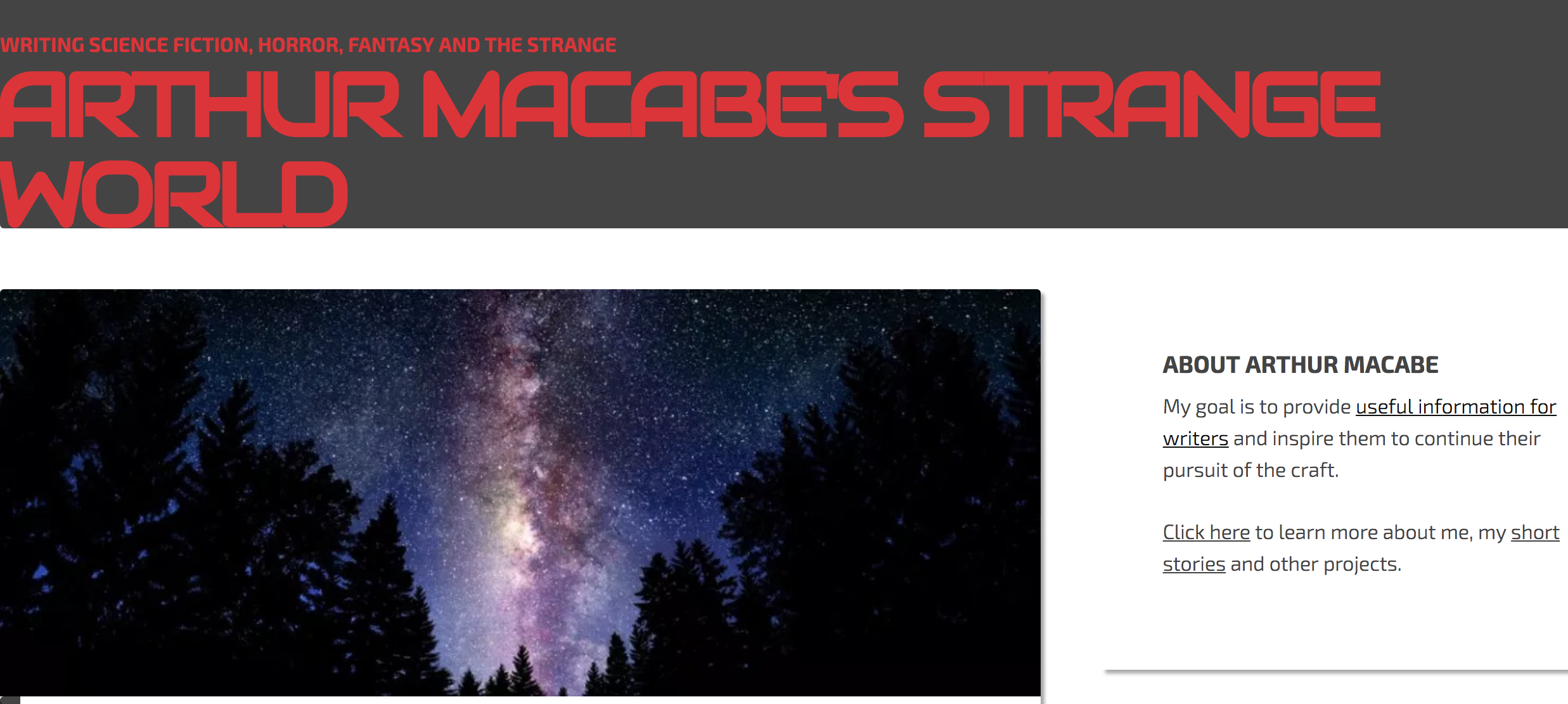A couple of weeks ago, I took part in a panel discussion during Lesley University’s 2020 Creative Writing MFA winter residency. The topic: “Writing in a Time of Climate Anxiety.” Joining me on the panel was author and photographer Tony Eprile, children’s author Tracey Baptiste, and poet and environmental activist Andrea Read.
What Was on Everyone’s Mind?
Tony shared some of his gorgeous photographs of wild places, green spaces, and rare species. He opened up about his fear that the next generation will grow up having no knowledge that these species and places ever existed. What kind of psychological and social impact will losing our green spaces have on our children, he asked?
Tracy talked about how she dealt with the theme of climate change and loss of habitat and home in the third book of her Jumbies series. She revealed that sea-level rise is predicted to eat up her childhood home of Trinidad. The island is going to vanish beneath the waves, where it might become mythologized like Atlantis in the minds of future generations. Who will she be, Tracey wondered, without her home?
Andrea spoke about her experience purchasing 500 acres of clear cut land in Maine. She (and others) planted thousands of hardwood saplings on the site to restore the native habitat. The farmhouse and barn on the property sat atop a plot of land whose topsoil had been stripped off and sold. Andrea and her husband used permaculture techniques to bring it back to a lush and productive garden in a single season. She then co-founded an art and nature nonprofit called the Newforest Institute (no longer in operation).
I focused on the power of writers (and all creative artists) to inspire the imaginations of the general public. I pointed out that, when it comes to writing about climate change, we have generally failed to do our jobs well. For decades, there has been a collective failure of the imagination. I challenged the audience of MFA candidates to do better.
With Great Power Comes Great Responsibility
 We are, as the title of Jonathan Gottschall’s book indicates, storytelling animals. The stories we read (and write) have the power to influence cultural values. They can spark technological innovation. They can inspire people to take action and make changes. Consider the works of H. G. Wells, Arthur C. Clarke, Jules Vern, Isaac Asimov, Jack London, Ralph Waldo Emerson, Mary Shelley, among others. Their stories changed the people who read them.
We are, as the title of Jonathan Gottschall’s book indicates, storytelling animals. The stories we read (and write) have the power to influence cultural values. They can spark technological innovation. They can inspire people to take action and make changes. Consider the works of H. G. Wells, Arthur C. Clarke, Jules Vern, Isaac Asimov, Jack London, Ralph Waldo Emerson, Mary Shelley, among others. Their stories changed the people who read them.
Writers are a rare and valuable breed. We’re blessed with active imaginations paired with an ability to use the written word in ways that let others imagine things they might not otherwise. And sometimes, when we do things right, our stories influence humanity’s path forward. Consider Jules Verne, who wrote about men flying to the moon in rocket ships in 1865. Or Mary Shelley. To this day, Frankenstein invites readers to consider what consequences may result should science and morality become uncoupled. Michael Crichton updated that cautionary tale for modern readers. He got people thinking about the unforeseen repercussions of genetic engineering technologies and demanding regulation and oversight.
When it comes to imagining mankind’s future in the face of large-scale environmental disasters, however, writers have historically given the topic only the most superficial of examinations.

Most of what’s been written thus far are plot-focused action and adventure stories. While such stories definitely have their place, they are meant to be an escape for readers or viewers. They are entertainment. They are NOT stories intended to spark reflection in the hearts and minds of the masses.
Dig Deeper

What we need right now are stories that will get people engaged and thinking, not checking out. Only when people engage with a problem and start thinking about it can they then solve it. If you, as a writer (or an artist), feel anxious when you think about climate change, dig into your emotions and unpack them. Use that brilliant imagination of yours to visualize your fears in a visceral way.
Worried about widespread famine, war, disease, a population crash? Nuclear Annihilation? Write about it, but do so in a way that is emotionally honest and that has character, not plot, at its core. Make it believable. Draw your audience in, connect readers to your characters. Write a narrative that strikes a deep emotional cord and demands reflection for years, decades, centuries to come.
 We need climate change stories that will get people thinking–really thinking–about the messy moral and ethical issues tangled up in large-scale ecological disasters. I’m thinking of stories like Cormac McCarthy’s The Road, or P. D. James’s Children of Men. More recently, HBO’s dramatic series Chernobyl highlighted what a failure of leadership could bring about during an environmental crisis.
We need climate change stories that will get people thinking–really thinking–about the messy moral and ethical issues tangled up in large-scale ecological disasters. I’m thinking of stories like Cormac McCarthy’s The Road, or P. D. James’s Children of Men. More recently, HBO’s dramatic series Chernobyl highlighted what a failure of leadership could bring about during an environmental crisis.
Is There Space for Happy Endings?
I would argue yes. Showing hopeful outcomes is not just okay but necessary, as long as they’re handled in ways that are emotionally honest.
 Neal Shusterman’s YA novel Dry is an excellent example of how to write a hopeful ending that doesn’t patronize readers. Shusterman wrote about characters uniting despite differences. They pooled their resources, developed believable solutions, and then implemented them successfully. But they made all kinds of mistakes along the way. They suffered, and they almost failed. Shusterman used his power as a writer to make his readers care. He made them WANT to avoid a catastrophe. And isn’t that the point? Because if we can divert the disaster, we can avoid the suffering that will come with it.
Neal Shusterman’s YA novel Dry is an excellent example of how to write a hopeful ending that doesn’t patronize readers. Shusterman wrote about characters uniting despite differences. They pooled their resources, developed believable solutions, and then implemented them successfully. But they made all kinds of mistakes along the way. They suffered, and they almost failed. Shusterman used his power as a writer to make his readers care. He made them WANT to avoid a catastrophe. And isn’t that the point? Because if we can divert the disaster, we can avoid the suffering that will come with it.
A Call to Action!
 If you’re a writer and you’re feeling anxious in this time of climate change, pick up your pen and do what you do best. Write a story daring enough and honest enough to inspire the masses, influence thought and maybe change the future. Be the next Mary Shelley, the next H. G. Wells, the next Jules Vern. That was my message to the audience at the panel discussion two weeks back, and that’s my message to every writer who reads this post.
If you’re a writer and you’re feeling anxious in this time of climate change, pick up your pen and do what you do best. Write a story daring enough and honest enough to inspire the masses, influence thought and maybe change the future. Be the next Mary Shelley, the next H. G. Wells, the next Jules Vern. That was my message to the audience at the panel discussion two weeks back, and that’s my message to every writer who reads this post.
Do you feel anxious whenever you think about climate change? Have you attempted to explore your fears through your writing? If not, maybe it’s time to start.

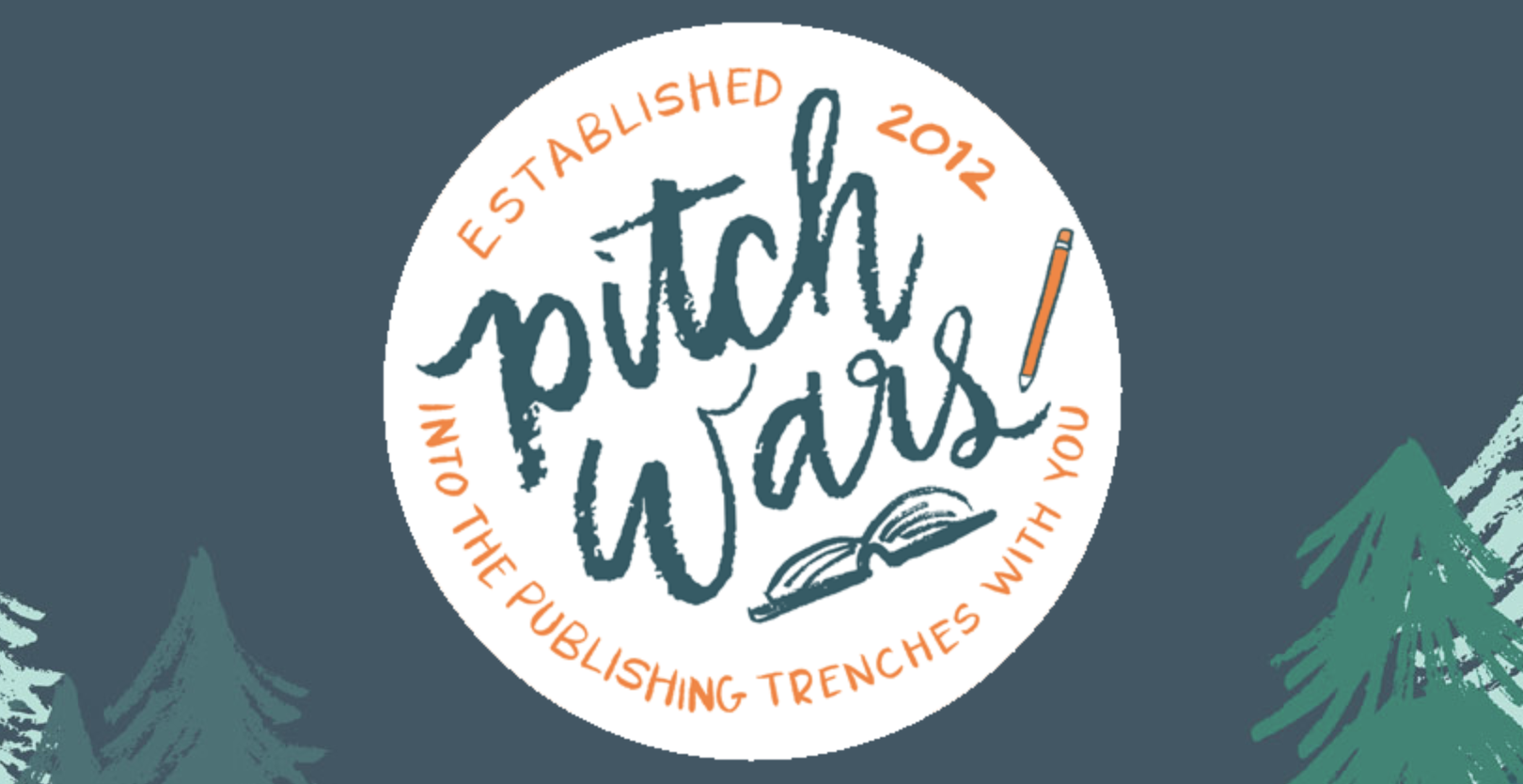
 This past Friday night, between bouts of puking my guts out (thank you, ill-timed stomach flu), I submitted my entry materials for this year’s
This past Friday night, between bouts of puking my guts out (thank you, ill-timed stomach flu), I submitted my entry materials for this year’s  Quick being the operative term because I’m still fending off this vicious stomach bug and it’s difficult to type with my arms wrapped around this giant “just-in-case” mixing bowl in my lap.
Quick being the operative term because I’m still fending off this vicious stomach bug and it’s difficult to type with my arms wrapped around this giant “just-in-case” mixing bowl in my lap.

 As I said earlier, I tried out in 2018. Alas, I did not get in, but the experience still carried tremendous benefits for me.
As I said earlier, I tried out in 2018. Alas, I did not get in, but the experience still carried tremendous benefits for me.  So, I didn’t get accepted, but I got motivated. Actually, I then used all of
So, I didn’t get accepted, but I got motivated. Actually, I then used all of 

 I went on hiatus from posting to the blog back in March. Now, summer’s at an end here in the Witch City, so it’s time to get back to blogging with a summer recap. For the past few months, my focus has been on short stories, both reading and writing them!
I went on hiatus from posting to the blog back in March. Now, summer’s at an end here in the Witch City, so it’s time to get back to blogging with a summer recap. For the past few months, my focus has been on short stories, both reading and writing them! This past February, I sat in on a
This past February, I sat in on a 



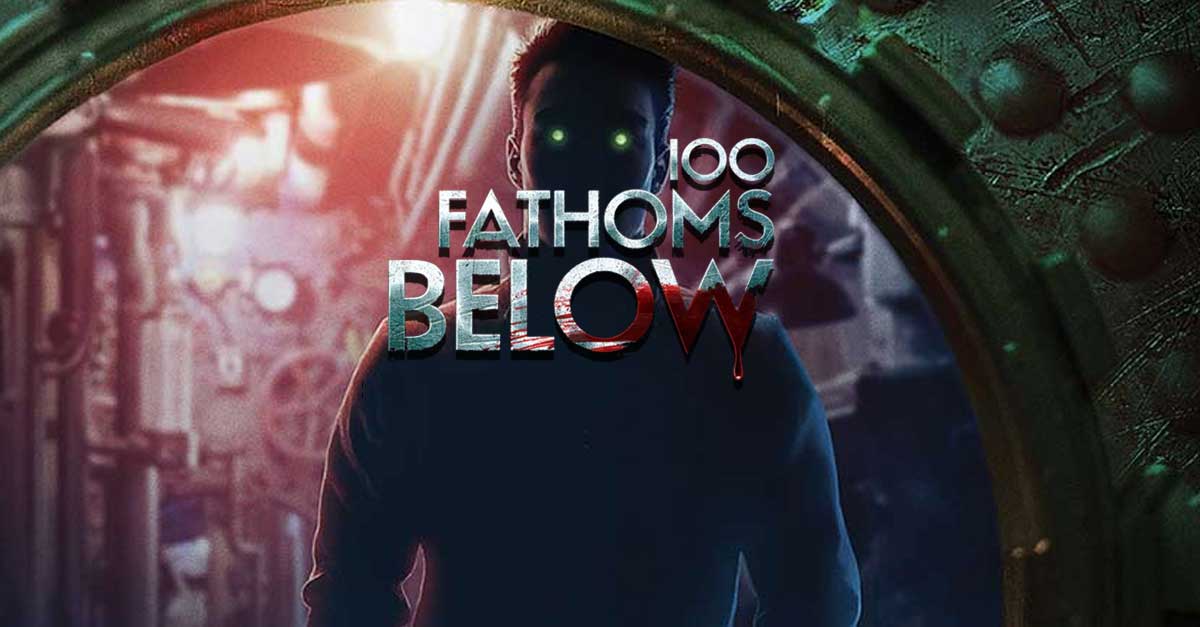
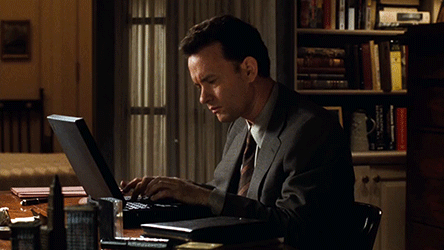



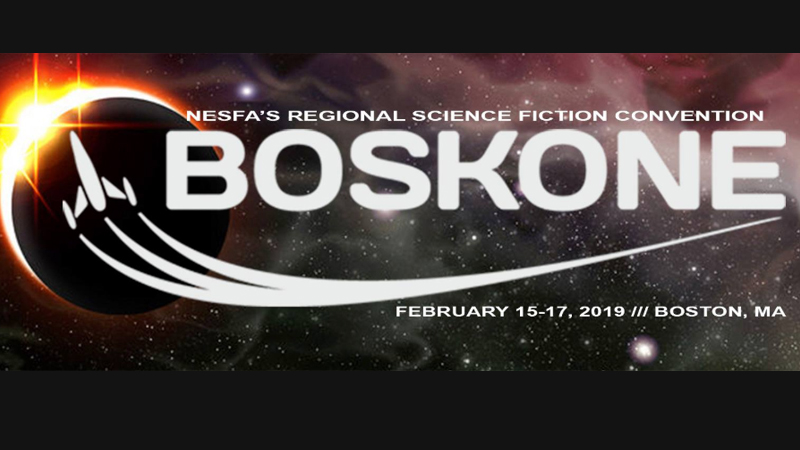

 I’m a creative writer, but my beloved is a visual artist, as is my mother, and I’m friends with a voice actor and a musician. Trying to make it, professionally, in any art-related field is not for the faint of heart. It can wear you down if you’re not careful. That’s why finding and joining supportive communities is essential. For me–an aspiring author of fantasy, science fiction, and horror fiction–Boskone is one of the best, most supportive communities in New England.
I’m a creative writer, but my beloved is a visual artist, as is my mother, and I’m friends with a voice actor and a musician. Trying to make it, professionally, in any art-related field is not for the faint of heart. It can wear you down if you’re not careful. That’s why finding and joining supportive communities is essential. For me–an aspiring author of fantasy, science fiction, and horror fiction–Boskone is one of the best, most supportive communities in New England. Beloved and I opted to get a room in the convention hotel this year rather than commute each day. Good call. If I can, I’ll be staying at the hotel again next year. Taking an elevator up to my room at the end of the day made the evening activities far more enjoyable (although I still wasn’t pulling super late nights because of my cold).
Beloved and I opted to get a room in the convention hotel this year rather than commute each day. Good call. If I can, I’ll be staying at the hotel again next year. Taking an elevator up to my room at the end of the day made the evening activities far more enjoyable (although I still wasn’t pulling super late nights because of my cold). The first panel discussion I attended was Editing Your Manuscript for Submission. I took copious notes as author/editor
The first panel discussion I attended was Editing Your Manuscript for Submission. I took copious notes as author/editor 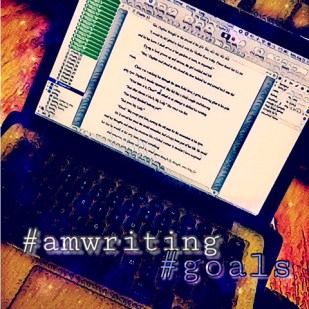
 To prove myself a non-creep, I made a point of shaking his hand and introducing myself instead of just staring. A couple of other aspiring writers joined us as well as one established author:
To prove myself a non-creep, I made a point of shaking his hand and introducing myself instead of just staring. A couple of other aspiring writers joined us as well as one established author:  Among the talented women who read from published works and works-in-progress were
Among the talented women who read from published works and works-in-progress were 

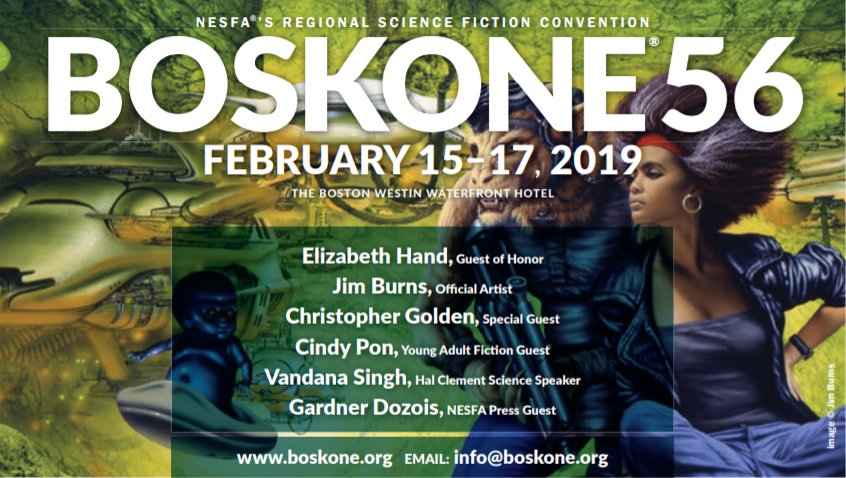
 Last year at this time, I was a hot mess.
Last year at this time, I was a hot mess.  So, while I thoroughly enjoyed the panels at Boskone55 (see my wrap-up post
So, while I thoroughly enjoyed the panels at Boskone55 (see my wrap-up post 
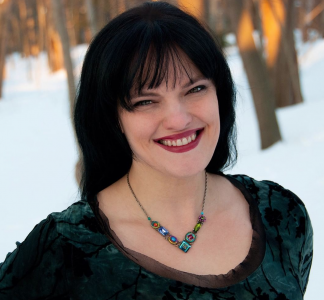
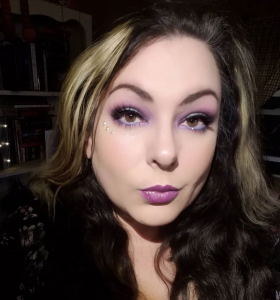

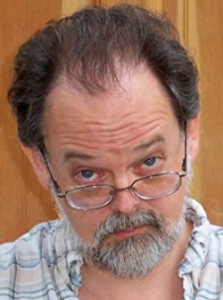
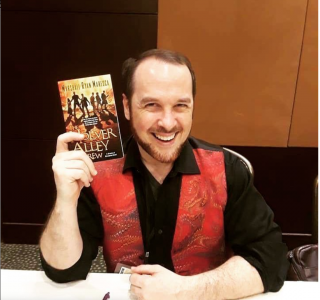
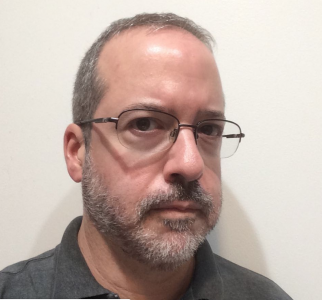

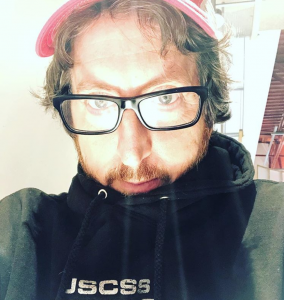




 Jason flat out told me during my final residency at Lesley University that he’s living an unsustainable life at the moment. He doesn’t know when he’ll collapse, but he feels it coming. Victoria has said much the same thing in a few of her videos over on
Jason flat out told me during my final residency at Lesley University that he’s living an unsustainable life at the moment. He doesn’t know when he’ll collapse, but he feels it coming. Victoria has said much the same thing in a few of her videos over on 
 Six days ago, astronaut Mark Watney became one of the first people to walk on Mars.
Six days ago, astronaut Mark Watney became one of the first people to walk on Mars. 

 Tension is what attacks our brains. Tension hooks us into a story and makes us want to know what happens next. In The Martian, the MC–Mark Watney–faces one problem after another after another as he fights to survive on Mars. And yet I wasn’t chewing my fingernails worrying about the consequences.
Tension is what attacks our brains. Tension hooks us into a story and makes us want to know what happens next. In The Martian, the MC–Mark Watney–faces one problem after another after another as he fights to survive on Mars. And yet I wasn’t chewing my fingernails worrying about the consequences. I love me some action, but you’ve gotta connect me to the character on an emotional level, and do so as quickly as possible, if you want to hook me into the story. Weir didn’t do that.
I love me some action, but you’ve gotta connect me to the character on an emotional level, and do so as quickly as possible, if you want to hook me into the story. Weir didn’t do that.  Yeah, he swore a lot and wrote flippant comments and cracked an Aquaman joke. Maybe a strong “voice” isn’t enough. It’s got to be welded to emotional interiority of the character. What few emotions we saw were… flat. I didn’t believe them.
Yeah, he swore a lot and wrote flippant comments and cracked an Aquaman joke. Maybe a strong “voice” isn’t enough. It’s got to be welded to emotional interiority of the character. What few emotions we saw were… flat. I didn’t believe them. 